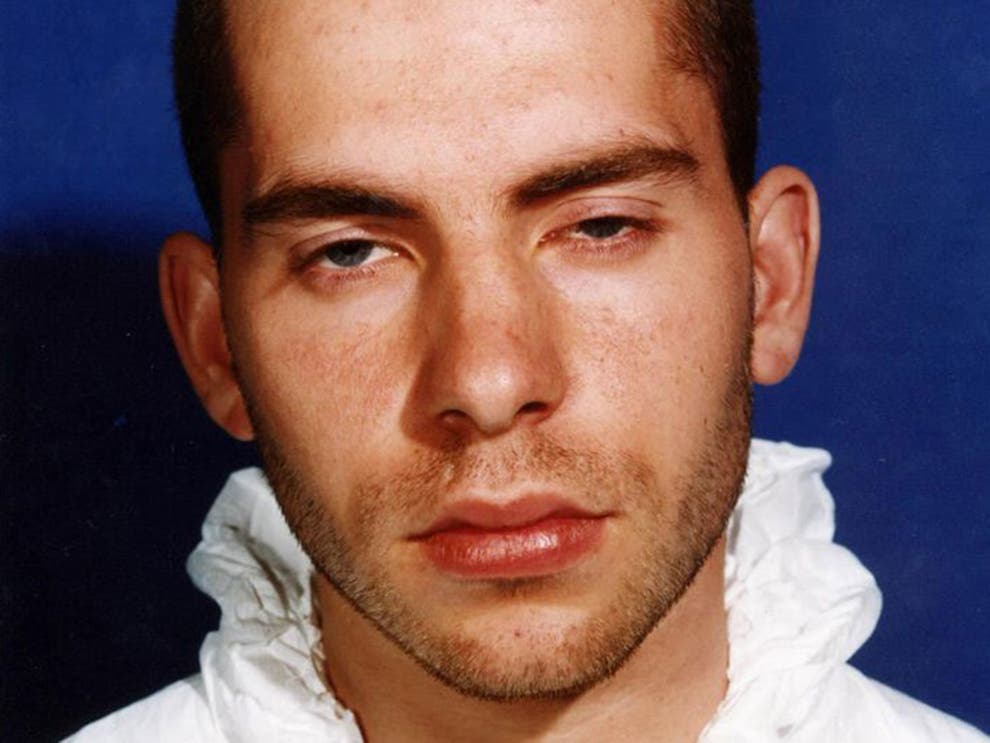Far-right attack on UK inevitable, says informant who identified nail bomber David Copeland
Veteran mole says 1999 killer ‘didn’t seem more dangerous than others’ he observed while undercover

Your support helps us to tell the story
From reproductive rights to climate change to Big Tech, The Independent is on the ground when the story is developing. Whether it's investigating the financials of Elon Musk's pro-Trump PAC or producing our latest documentary, 'The A Word', which shines a light on the American women fighting for reproductive rights, we know how important it is to parse out the facts from the messaging.
At such a critical moment in US history, we need reporters on the ground. Your donation allows us to keep sending journalists to speak to both sides of the story.
The Independent is trusted by Americans across the entire political spectrum. And unlike many other quality news outlets, we choose not to lock Americans out of our reporting and analysis with paywalls. We believe quality journalism should be available to everyone, paid for by those who can afford it.
Your support makes all the difference.It is inevitable that the UK will see another far-right attacker such as nail bomber David Copeland, the undercover informant who identified him has warned, reportedly citing the online spread of extremist views and materials.
In 1999, Copeland carried out the worst far-right atrocities ever seen in Britain, killing three people and injuring more than 130 others, including children, in three separate bombings targeting London’s gay and minority ethnic communities – the devices each filled with up to 1,500 nails.
The then 22-year-old neo-Nazi was caught after 13 days, cutting his campaign of terror short, after a mole known as “Arthur” – who spent a decade embedded within the British National Party and had met Copeland nine times during his clandestine work for anti-fascist groups – recognised him on the front page of the Evening Standard and informed police of his identity.
Speaking ahead of a new Netflix documentary called Nail Bomber: Manhunt, Arthur reportedly warned that police are struggling to keep up with the spread of extremist ideology online.
“Whether it’s blatantly Nazi or racist it’s much easier to put material on the internet than it is by pushing a leaflet through a door like in the 90s,” he told The Observer.
“We’ll definitely see another David Copeland.
“But that person, he or she, should know that they will also ruin their life as well. Copeland had these three weeks of excitement and now he’s stuck in prison for possibly his whole life. It’s not just a bad thing to do, it’s a really stupid life option.”
Arthur described being “shocked” when he realised the identity of the man behind the deadly attacks on Brixton Market, Brick Lane, and the Admiral Duncan pub in Soho.
“Copeland didn’t seem more dangerous than others, absolutely not,” he told the paper. “He didn’t act like a protagonist. He was a young guy who seemed focused on his job working on the Jubilee line.”
Arthur’s warning comes after a series of arrests in connection with far-right terrorism, with dawn raids in London this week seeing two men arrested over accusations of spreading “far-right extremist material”.
And last Thursday at Kingston Crown Court, 37-year-old Michael Nugent from Ashford, Surrey, pleaded guilty to 18 terror-related charges, having shared explosives and firearms manuals while running and engaging in a number of far-right groups on the app Telegram.
But Arthur’s claim that online extremism is spreading too quickly for the authorities to keep up with chimes with comments made by senior police. In January, the UK head of counter-terror policing told The Independent that extremism has become so widespread online that it “cannot be policed”.
“When you look at the volume of material which is horrific, shouldn’t be allowed online and is really distressing for a lot of people, the volume is so high it cannot be policed,” said Metropolitan Police assistant commissioner Neil Basu.
“It would have to be prevented and that is the most important thing.”
Describing online radicalisation as having always been his “biggest concern”, the senior officer warned that counter-terror units had seen a “rise in propaganda by all sides” during the coronavirus pandemic, which had created a “perfect storm”.
Mr Basu said the Online Harms Bill, which proposes internet regulation that would force companies to remove material or face multimillion pound fines, was “fundamental” to combating the issue.
His comments came ahead of a review by former head of counter-terrorism Sir Mark Rowley and the Commission for Countering Extremism, published in February, which found hateful groups of all kinds are “operating with impunity” by exploiting gaps between existing hate crime and terrorism legislation.
Sir Mark said new laws were urgently needed to fill a “dangerous legal void” that was creating a growing pool of radicalised people, adding: “The challenge has been magnified by the online world over the past decade and our laws have not kept pace.”